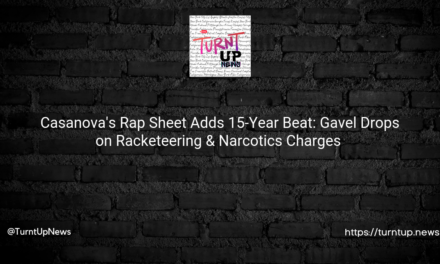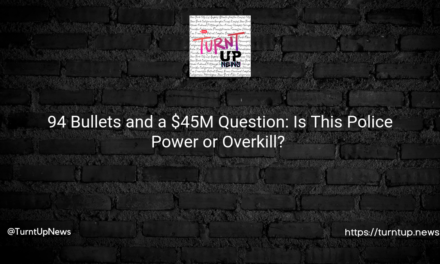🌍 “Eco-Warrior Youths Drag Montana’s Climate Inaction to Court” 🏛️🔥
TL;DR:
In a landmark move, 16 young climate activists aged 5 to 22 take the Montana State government to court, arguing the state’s failure to protect the environment infringes upon their constitutional rights. 💪🌲The trial, the first of its kind in the U.S., is watched globally and may establish a precedent for governments’ duty to shield citizens from climate change. 🌍⚖️ These youngsters argue that climate change impacts their health and livelihood, challenging the state’s favoring of fossil fuel industries. But will this David vs. Goliath showdown make a difference or is it just eco-warrior posturing? 🤷♀️⚔️
Story:
Imagine being too young to vote but old enough to sue your government! In an audacious move, 16 brave young climate activists from Montana, the youngest only five years old, have done just that. Their bold legal action hopes to define a state’s duty to protect its citizens from climate change. Legal buffs across the world are riveted! 🍿👀
The battle lines have been drawn between these mini eco-warriors and the state’s fossil fuel-backed legislators. The government has recently passed measures favoring the fossil fuel industry, muffling local efforts to encourage renewable energy, and making it costlier to challenge oil, gas, and coal projects in court. Not cool, Montana, not cool. 🛢️💸
How does this lawsuit connect to the kids, you may ask? Their argument is climate change hurts their health and livelihoods right now, and the harm will only compound as they grow older. 🏥🔥 And with climate change’s impacts increasingly visible – from wildfire smoke choking our lungs to water levels dropping in rivers – who can blame them for standing up for their future? 🌳🔥💧
But the state argues that their contribution to global greenhouse gas emissions is “minuscule”. A convenient narrative, wouldn’t you say? It seems like these climate-conscious kids are fighting a behemoth wrapped in bureaucratic red tape. Can they win against such odds? 🏢💼
One glimmer of hope lies in Montana’s unusually protective 1972 Constitution, which demands officials maintain a “clean and healthful environment”. Could this be the young activists’ secret weapon in their fight against the state’s fossil fuel favoritism?📜🍃
Yet, even if the judge sides with the youths and declares the state violated the Constitution, she won’t order officials to draft a new approach to tackle climate change. Instead, her judgment would set a precedent for courts to weigh in on cases typically left to the government’s legislative and executive branches. 🏛️⚖️ Is this a victory, or just another case of passing the buck? 🎭
Some critics argue that even if the kids win, the victory may be more symbolic than practical. The state could, and likely would, carry on business as usual. On the other hand, a victory would send shockwaves throughout other states and could inspire similar lawsuits. 🎇📚
Notably, this legal brawl comes at a time when climate change could “benefit” Montana with longer growing seasons, according to one state economist. We couldn’t help but scratch our heads at this one. 🤔🌾
Meanwhile, the world watches. The stakes are high, and the trial’s outcome may well reverberate far beyond Montana’s borders. This is not just about one state; it’s about the very fabric of our





